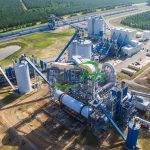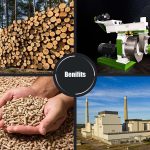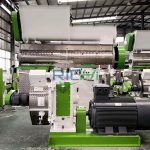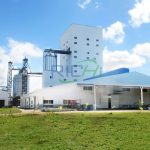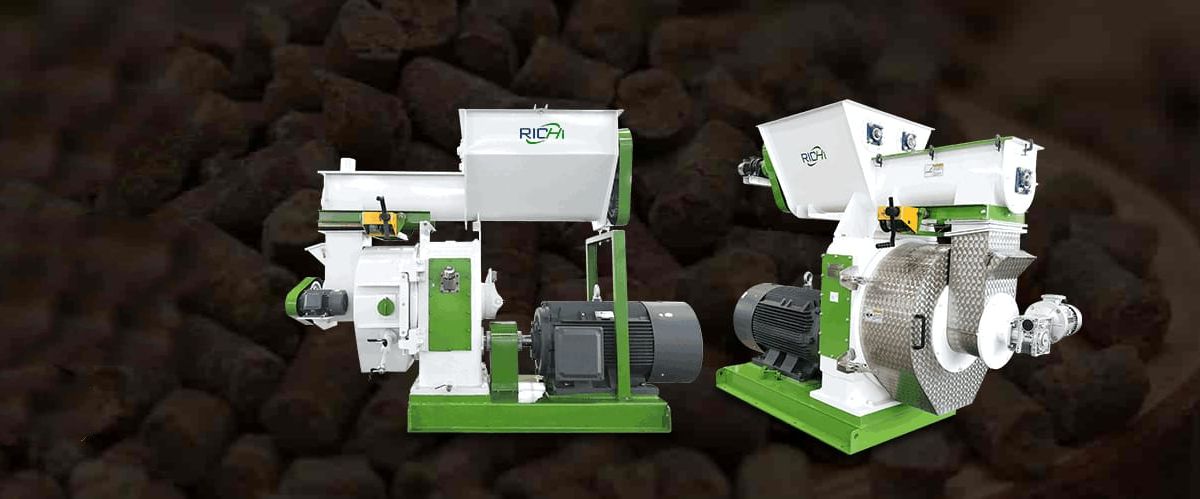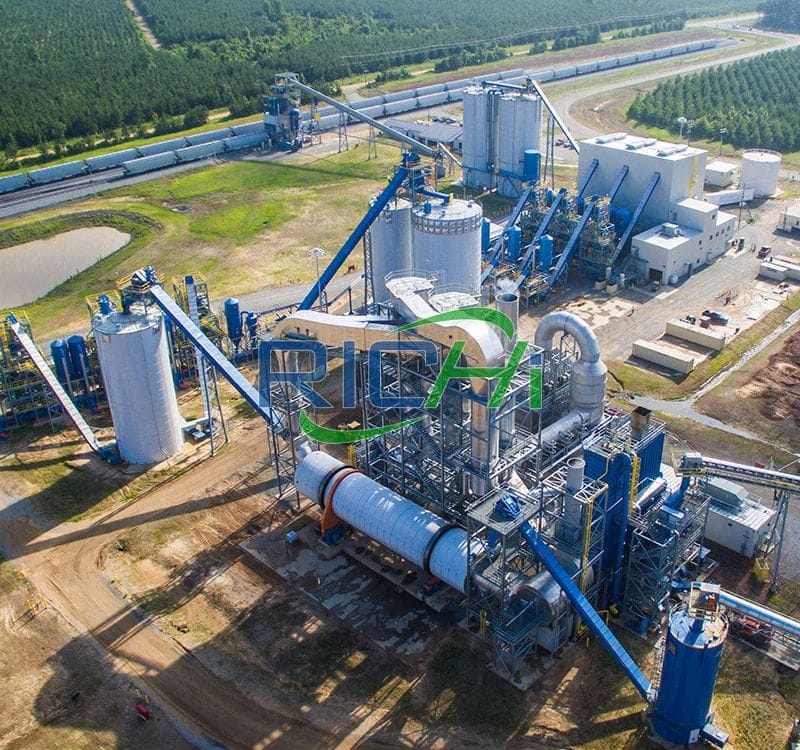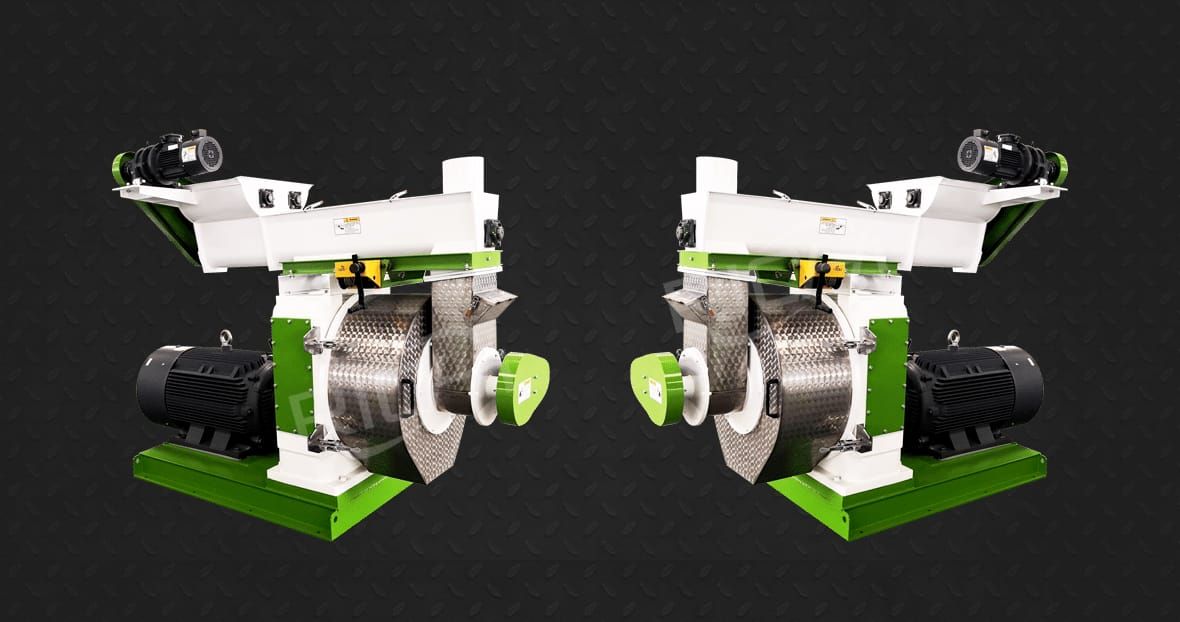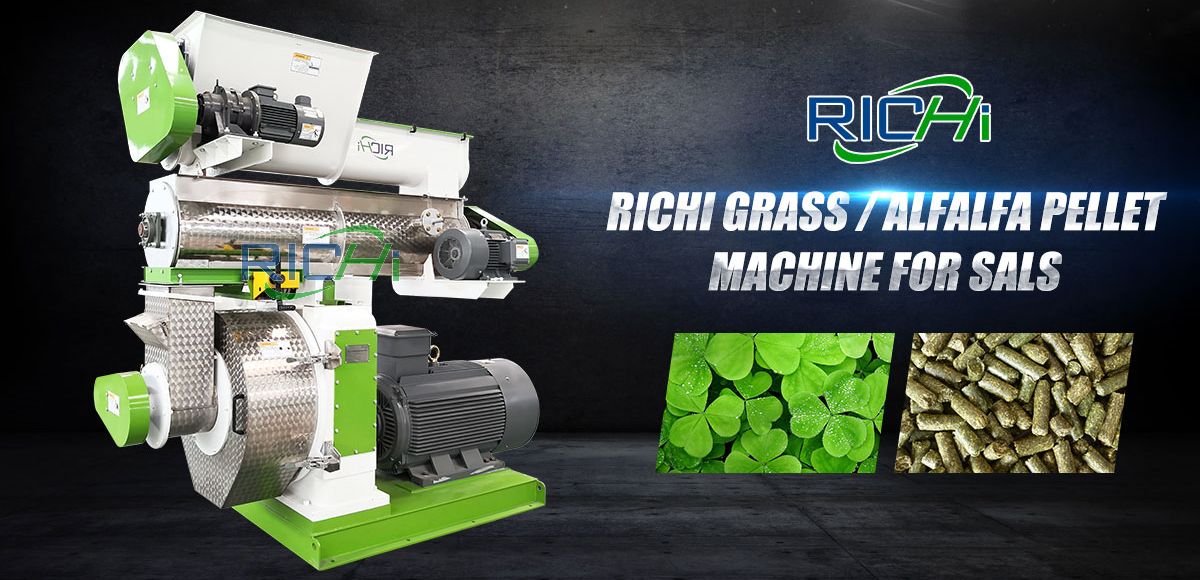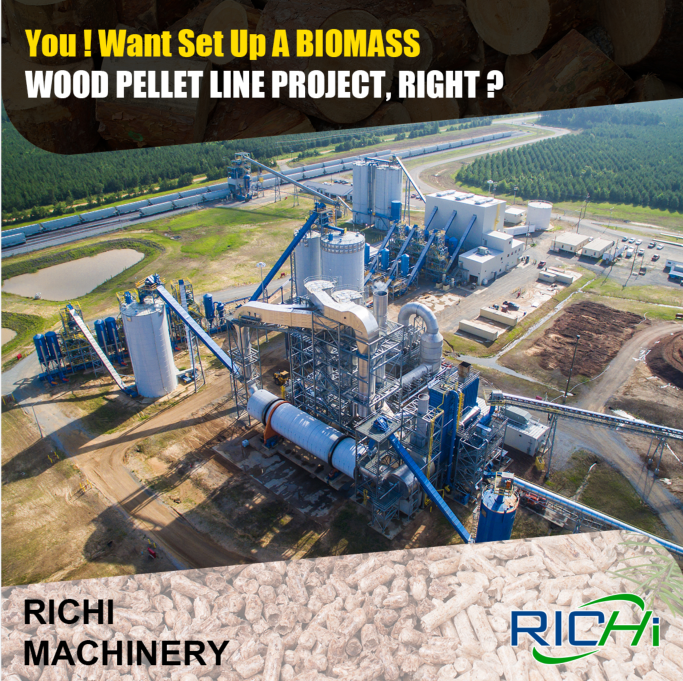In the ever-evolving landscape of sustainable waste management and agriculture, innovative solutions are crucial for addressing the challenges posed by the growing global population and the need for environmentally friendly practices. One such solution that has gained significant traction is the compost pellet making machine, a specialized equipment designed to transform organic waste into a valuable resource – nutrient-rich compost pellets.
The Organic Waste Challenge As urbanization and industrialization continue to expand, the generation of organic waste has become a pressing issue. Improper disposal of organic waste, such as food scraps, yard trimmings, and agricultural residues, can lead to environmental degradation, air and water pollution, and the release of greenhouse gases. Traditional methods of waste management, such as landfilling or open-air burning, are not only unsustainable but also contribute to the depletion of natural resources and exacerbate climate change.
The Benefits of Compost Pellets Compost pellets offer a sustainable and eco-friendly solution to the organic waste management challenge. By converting organic waste into compact, nutrient-rich pellets, these machines unlock a range of benefits:
- Organic Fertilizer: Compost pellets are rich in essential nutrients like nitrogen, phosphorus, and potassium, making them an excellent organic fertilizer for agricultural applications. The pelletized form enhances handling, storage, and application efficiency.
- Reduced Environmental Impact: Proper management and processing of organic waste through pelletization significantly reduce the risk of water contamination, air pollution, and greenhouse gas emissions associated with traditional disposal methods.
- Waste Reduction and Resource Recovery: By transforming organic waste into a valuable product, compost pellet making machines contribute to the principles of a circular economy, promoting waste reduction and resource recovery.
- Improved Soil Health: Compost pellets enhance soil structure, water-holding capacity, and microbial activity, promoting long-term soil fertility and reducing the risk of erosion.
- Versatile Applications: Compost pellets can be used in various agricultural settings, including organic farming, horticulture, and landscaping, providing a sustainable and cost-effective alternative to chemical fertilizers.
The Intricate Workings of Compost Pellet Making Machines Compost pellet making machines are designed to transform raw organic waste into high-quality compost pellets through a series of intricate processes. The typical workflow of these machines includes the following key stages:
- Raw Material Handling and Preparation: The first step involves the collection and preprocessing of organic waste, which may include sorting, shredding, or size reduction to ensure optimal pellet production.
- Composting: The preprocessed organic waste undergoes a controlled composting process, facilitated by specialized equipment and carefully monitored environmental conditions. During this stage, beneficial microorganisms break down the organic matter, releasing nutrients and stabilizing the material.
- Grinding and Sizing: The composted material is ground into a consistent particle size, typically between 3-6 mm. This step is crucial for achieving uniform pellet quality and efficient compression during the pelleting process.
- Conditioning: The ground compost material is conditioned with steam or water to increase its temperature and moisture content, facilitating the binding of particles during the pelleting process.
- Pelleting: The conditioned compost material is compressed and extruded through small die holes by rotating rollers or a ring die, ensuring a consistent size and shape of the resulting pellets.
- Cooling and Drying: After pelleting, the hot pellets are rapidly cooled and dried to prevent further moisture absorption and maintain their structural integrity. This step is crucial for ensuring the durability and quality of the final product.
- Screening and Packaging: The cooled pellets are screened to remove any fines or oversized pellets, ensuring a consistent product. Finally, the pellets are packaged in bags or bulk containers for storage and distribution.
Factors Influencing Pellet Quality and Efficiency Several critical factors influence the quality and efficiency of compost pellets produced by these machines, including:
- Raw Material Quality: The composition and moisture content of the organic waste significantly impact pellet quality and production efficiency. Consistent and uniform raw materials are essential for optimal performance.
- Composting Process: Proper composting is crucial for achieving a stable and nutrient-rich compost material, which directly affects the quality of the final pellets.
- Particle Size Distribution: Achieving a uniform particle size distribution is crucial for efficient pelleting and pellet durability.
- Conditioning Parameters: Temperature, moisture content, and conditioning time affect pellet quality, durability, and energy consumption during the pelleting process.
- Die Specifications: Die size, shape, and compression ratio impact pellet characteristics and energy requirements.
- Cooling Rate: Efficient cooling prevents pellet degradation and maintains structural integrity.
Advancements and Future Outlook The compost pellet making machine industry is continuously evolving to meet the demands for efficiency, automation, and sustainability. Advancements in areas such as process control, energy optimization, and alternative organic materials are shaping the future of compost pellet production.
One notable development is the integration of advanced technologies, such as the Internet of Things (IoT) and machine learning, into compost pellet making machines. These technologies enable real-time monitoring, predictive maintenance, and optimized process control, further enhancing the performance and efficiency of the machinery.
Additionally, the industry is exploring the use of alternative organic materials, such as agricultural residues, forestry by-products, and municipal solid waste, as potential feedstocks for compost pellet production. These alternative sources not only contribute to the sustainability of the industry but also provide opportunities for resource utilization and waste reduction.
Conclusion Compost pellet making machines are at the forefront of the sustainable waste management and organic fertilizer revolution, transforming organic waste into a valuable resource. As the world continues its journey towards a greener and more responsible future, these specialized machines will play a pivotal role in promoting circular economy principles, reducing environmental impact, and supporting sustainable agricultural practices, paving the way for a more prosperous and eco-friendly tomorrow.
Related post: https://www.richipelletmachine.com/organic-fertilizer-production-line/


